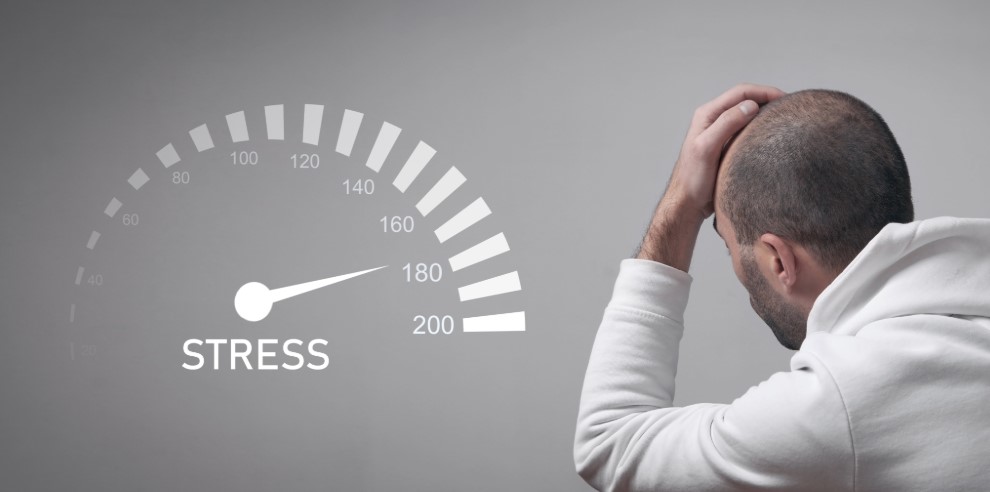
The Importance of Men’s Mental Health
Masculinity and ‘what it means to be a man’ in our current era seem to be expanding beyond traditionally narrow boundaries. Anger, stress, and anxiety are often symptoms of such narrow guidelines for self-expression, whether single, a husband, or a family-man.
Sexual issues related to objectification, body-image, intimacy, as well as virility as we age, including erectile dysfunction, are also common concerns with few options for safe discussion. It can feel very isolating.
Men with histories of sexual abuse or trauma, physical abuse, domestic violence, addictive behaviors (including alcohol and drugs, behaviors associated with adrenaline or dopamine); sexual orientation or gender identity questions, depression in the form of somatic complaints or lack of drive often require men to seek support.
Men’s Mental Health and the Role of Traditional Masculinity Norms
The role of traditional masculinity norms in shaping men’s mental health experiences and service utilization cannot be overlooked. As highlighted in the study by Affleck et al., these norms often emphasize stoicism, self-reliance, and the suppression of emotional vulnerability – traits that can deter men from seeking professional help for mental health issues. The study cites research suggesting that societal sympathy is particularly lacking for men with mental health problems, a phenomenon referred to as an “empathy gap.”
Notably, a content analysis of Canadian newspaper articles from 2010 to 2011 revealed that women with mental illness are presented much more sympathetically by the media than men with mental illness. This finding underscores the need for a cultural shift in how we perceive and discuss men’s mental health, challenging the traditional masculine ideals that may contribute to the stigmatization and underreporting of mental health challenges among men.

Breaking the Stigma: Why Men Should Consider Therapy
While it can be a challenge for anyone to seek help with emotional and mental health, societal norms often create additional barriers for men. According to a 2023 survey by the American Psychological Association, 63% of men reported that they could have used more emotional support than they received in the past year. This highlights the prevalence of feelings of isolation, disconnection, and shame that men may experience when it comes to addressing their mental well-being.
The survey also found that men were less likely than women to report that they can quickly get over stress (54% vs. 65%), suggesting that men may struggle more with managing and coping with stressors in their lives. Whether it’s the stress of providing for family, discomfort with emotional vulnerability, confusion about sexual feelings, or difficulty aligning actions with personal values, these challenges can take a toll on men’s mental health.
Despite these obstacles, seeking professional support can be a crucial step in improving emotional well-being and developing healthy coping strategies. If you find yourself overwhelmed by anger, stress, or other emotional difficulties, it may be time to consider talking with a mental health professional who can provide a supportive, non-judgmental environment to address your concerns and help you cultivate resilience.
Benefits of Therapy for Men
We will work together honoring your strengths, acknowledging your losses and longings, exploring your wishes and desires, and ultimately with the goal of helping you to become a stronger and more resilient man.
Though our society has experienced rapid shifts in gender norms in recent decades, men today still remain susceptible to traditional notions of masculinity and specific cultural expectations around how they should, or should not, feel and express their emotions. It is still common for men to experience spoken or unspoken pressure to keep their feelings within, to “be a man” and not cry, and to avoid any other signs of vulnerability or weakness.
There is no doubt, however, that men, just like others, experience significant stressors when it comes to relationships, careers, sexuality, parenthood, finances, and a range of other daily experiences. Men also tend to experience certain emotional states or conditions with greater frequency—for example, anger and irritability. This is partly because anger, frustration, and aggression are feelings that have historically been condoned by society as “accepted and expected” for males to express.
When it comes to the many other emotions a man may actually be feeling, it can be challenging for him to acknowledge them, tease them apart, and identify how they are influencing his relationships, his sense of self, his behaviors, and even his broader life course.
Common Challenges Men Face
- Anger, irritability, frustration, or chronic stress
- Relationship or intimacy concerns
- Problems at work
- Anxiety or depression
- Substance use or other addiction issues
- Challenges with fatherhood
- Confusion about your feelings
How Talk Therapy Can Help
We can work together to help you explore and develop awareness of your emotional experiences. The work in therapy focuses on acknowledging emotions, building an emotional vocabulary, and increasing vulnerability and a willingness to sit with and accept the various feelings that you may hold at once within you.
Through this process, patients are more able to identify their emotions, reduce defensive responses, experience greater authenticity, and feel less burdened by emotions. This freedom can improve mood and help us to feel more connected to others and our own experiences.

Sessions help to ensure health, safety, satisfaction and may even be able to help a guy avoid related major mid-life crise, despite challenges unique to the male experience.
Take the First Step: Schedule Your Appointment Today
If you’re a man struggling with mental health issues, don’t hesitate to seek support. Joseph Ege, LCSW provides psychotherapy and psychoanalysis services at his office in the Flatiron District of Manhattan, NY. Call 917-476-4638 or Contact Us today to request an appointment and take the first step toward overcoming stigma, building emotional resilience, and improving your overall well-being.
